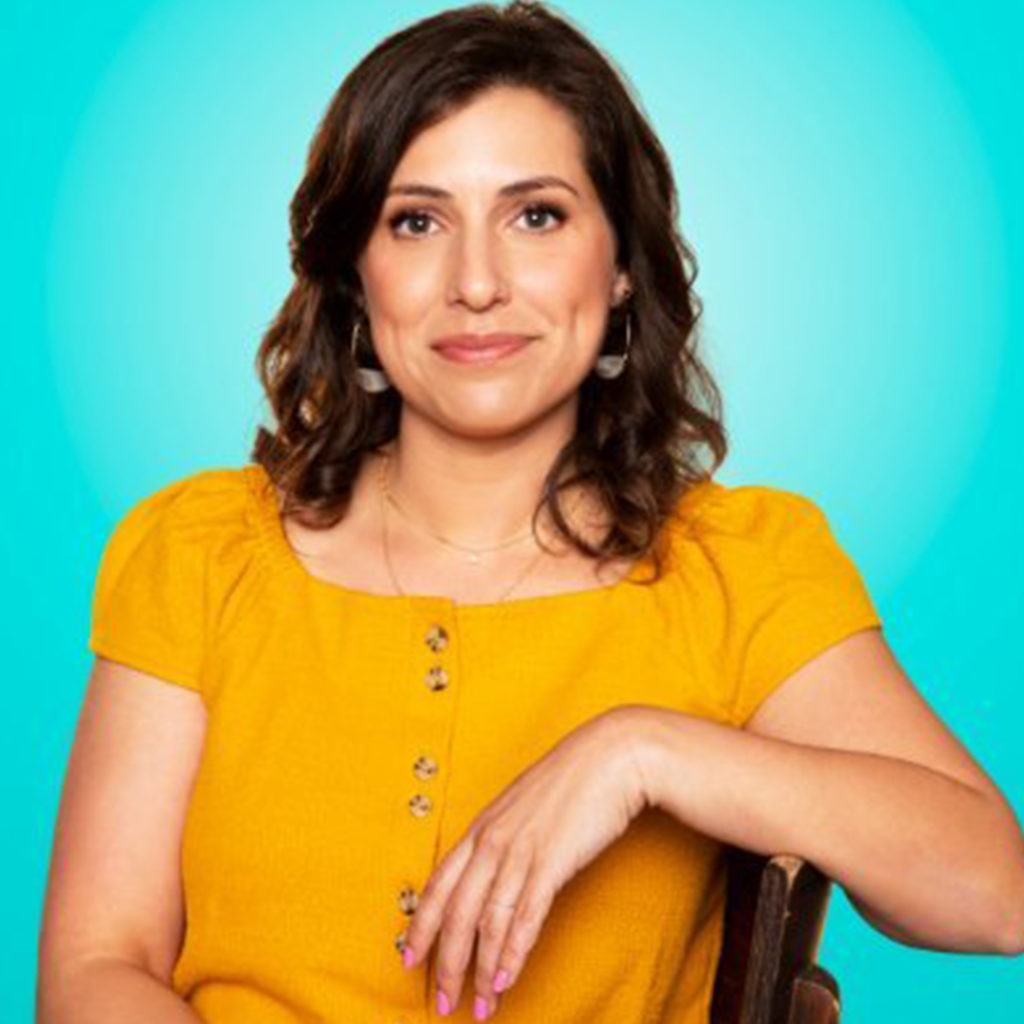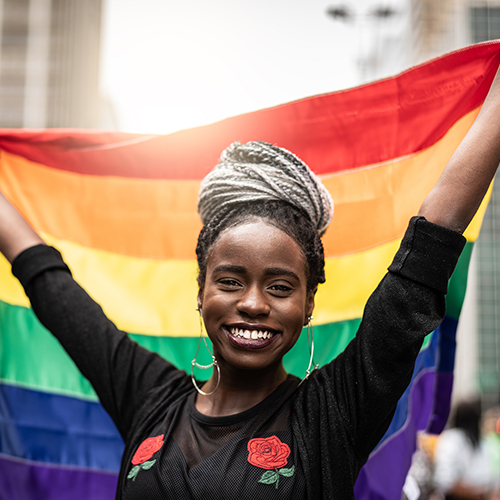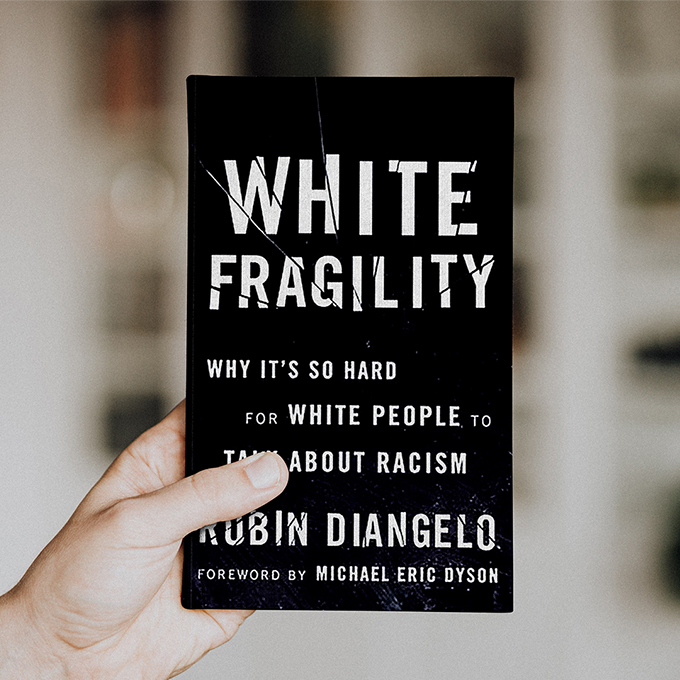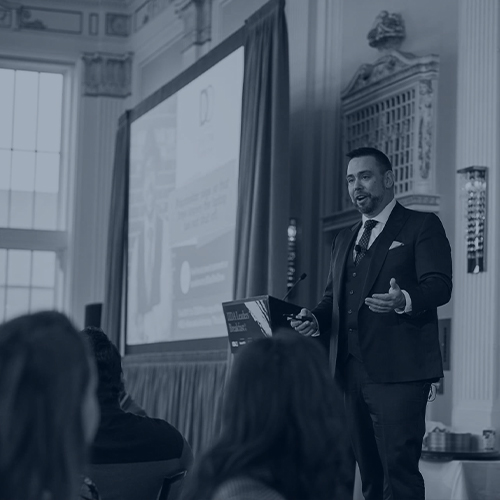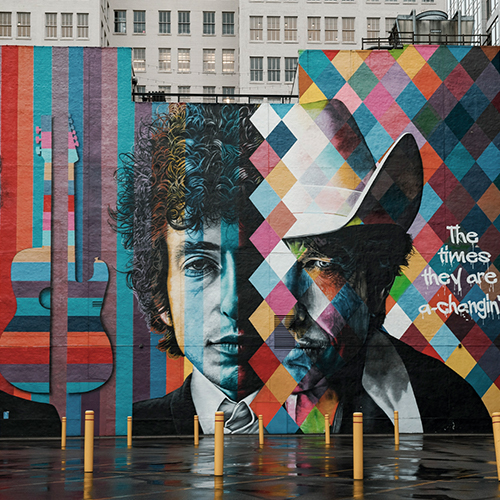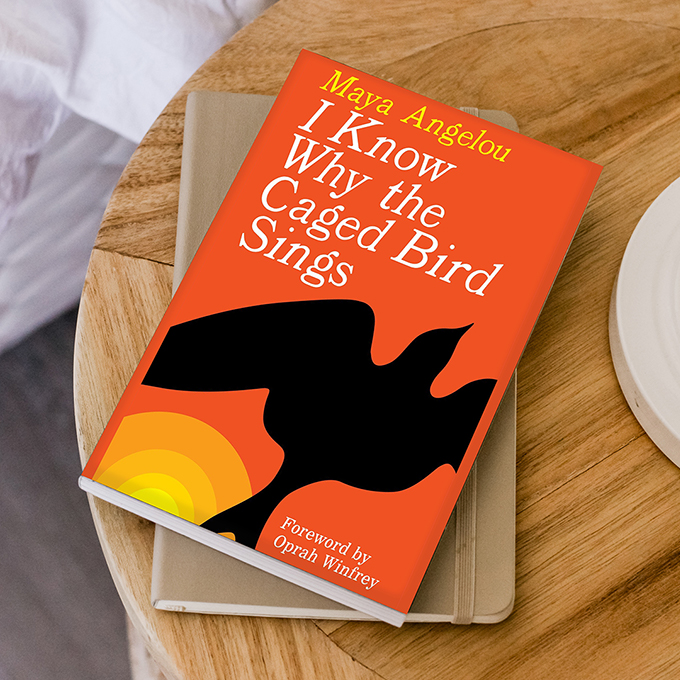Day One Reads – Everything is Horrible and Wonderful
One of the most powerful gifts we can give to each other is the ability to say: “Oh my God, I thought I was the only one.” This week’s Day One Reads feature book brought that into sharp relief for me. It was remarkable to read someone else’s experience of grief with no apologies for the darkness or the humour that was a part of her voyage. I’m certain this book’s P2P Ratio is far less than it should be simply because there were long stretches I couldn’t stop long enough to write anything down.
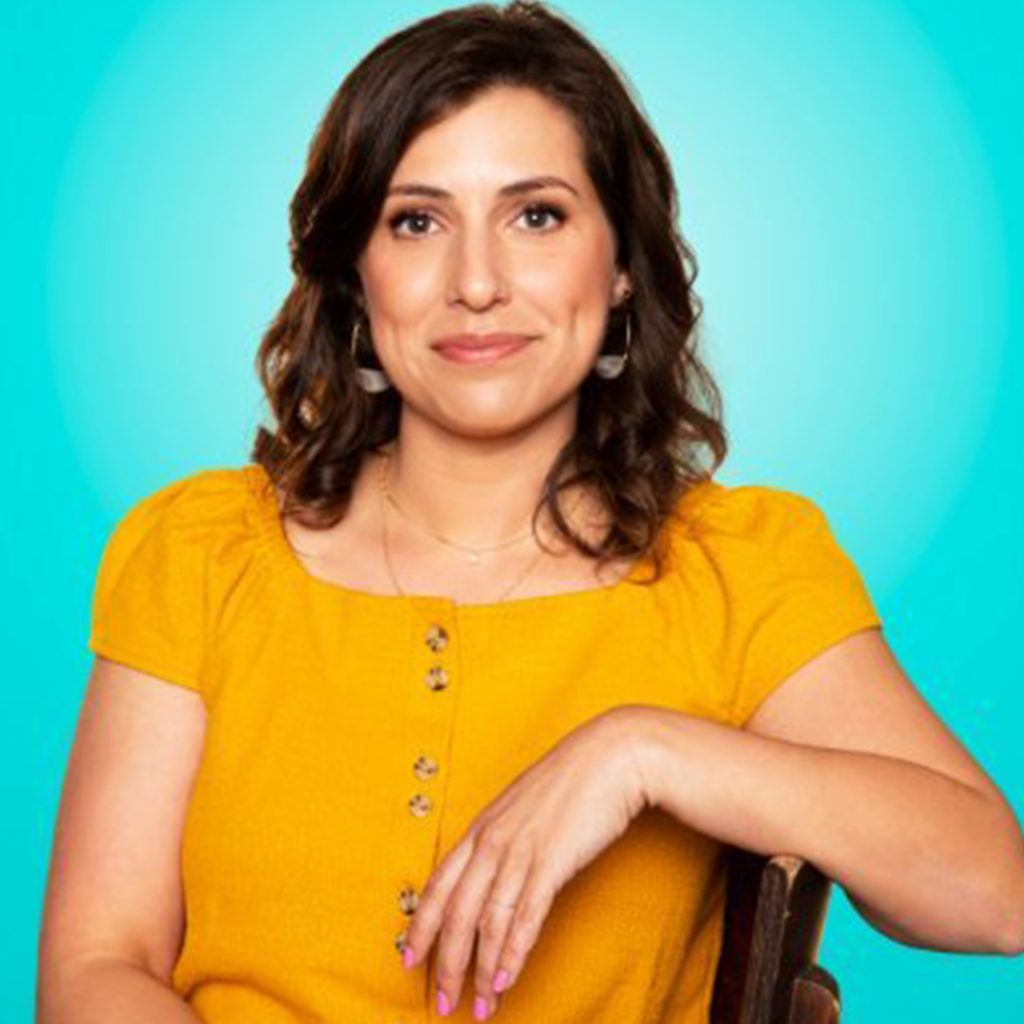
Everything is Horrible and Wonderful: A Tragicomic Memoir of Genius, Heroin, Love, and Loss
Category*: Biographical (it’s in first-person, but this is a story told as it unfolded, not really a reflection)
Author: Stephanie Wittels Wachs
About the author: Stephanie Wittels Wachs is a writer whose work has been featured on Vox, Longform, Huffington Post, Fatherly, Mamamia, Babble, and Medium. Other significant roles include mother, theatre artist, educator, and voice actor. She graduated from New York University’s Tisch School of the Arts and went on to receive her Master’s from University of Houston School of Theatre and Dance. She is co-founder of Rec Room Arts, a non-profit arts organization committed to developing innovative work across disciplines. Find her comedic musings on parenting (and life) on her weekly podcast, “Hands Off Parents.” She lives in Houston, Texas with her family.
How I found it: A dear friend, for whom the book’s subject matter hit painfully close to home, told me that while she had to put it down at times to deal with the emotional impact, it had truly helped her. She felt if I wanted to borrow it, I’d find it worthwhile. She was more than right.
Then…a box of Lysol wipes in my bag then leaked all over the book as I travelled, warping all the pages. So, she gets a new book and I had my fingers disinfected with each page turn. I’m now doing that with all my books.
Book Jacket description:
Stephanie Wittels Wachs delves into the dark world of loss, grief, and addiction in a heartbreaking but hopeful memoir.
One phone call was all it took to change Stephanie Wittels Wachs’s life forever… Her younger brother, Harris, a comedy star known for his work on Parks and Recreation and for introducing the world to the art of the humblebrag, died of a heroin overdose. How do you make sense of such a tragic end to a life full of so much hilarious brilliance?
In beautiful, unsentimental, and surprisingly funny prose, Stephanie Wittels Wachs alternates between her brother’s struggle with addiction, which she learned about three days before her wedding, and the first year after his death, in all its emotional devastation. This compelling portrait of a comedic genius and a profound exploration of the love between siblings is A Year of Magical Thinking for a new generation of readers.
Everything is Horrible and Wonderful will make you laugh, cry, and wonder if that possum on the fence is really your brother’s spirit animal.
How well I feel it delivered on what the jacket promised (scale out of 10 with 10 being completely delivered): 10. Yes, I know I’ve been overwhelmingly positive on my ratings thus far, but I haven’t yet read one that I didn’t really enjoy.
Amazon Rating: 4.9 (106 ratings – Canada)/4.8 (147 ratings – US)
Goodreads Rating: 4.30 (3504 Ratings)
Who I think should pick it up: Anyone still coming to grips with a loss, especially those who continue to judge yourself for the emotions you’re feeling in the aftermath (no matter how long you’ve been in the aftermath).
Anything someone might quibble with: If you’re one of those people who believe that someone who dies as a result of an addiction or by suicide somehow “deserved it”, this book will likely trigger your moral superiority centre, which may drive you to share your thoughts with the world. Instead, consider leaving this book on the shelf, heading home and f*cking yourself.
“Velcro quotes” (ideas that are going to stick with me moving forward):
- “The space between life and death is a moment…but it will remain alive in me for hundreds of thousands of future moments.”
- “There’s a palpable stigma attached to overdose, especially heroin…It’s not an honourable way to die, like being a war hero or the victim of a natural disaster. There’s a hierarchy in death like there’s a hierarchy in life. When someone dies of breast cancer, no one questions where her parents went wrong. Sick people are victims; drug addicts aren’t. No one’s going on the internet and bashing a cancer patient for dying. One death feels out of a person’s control while the other feels like a choice—a very shameful choice.”
- “I finally understand the meaning of acceptance on the grief chart. It’s not that the bereaved ever accepts the death of the loved one—I will never accept your death—it’s that you come to accept that these are your shitty, irreversible circumstances. One day, it just becomes clear: this is the way it is now. The delusions, denial, hysterics, depression, torment—it eventually starts to melt into this pit and just sort of weighs you down. It’s not even necessarily fuelled by emotion any more. It’s just the way your body works now. Like the day you accept that your stomach will never again look the way it did before you grew a child in it. You’re never gonna like it, but you’ll eventually get to a point where you go to the fucking store and buy pants that are the next size up because you have to wear pants. Acceptance.”
- “What’s the worst thing that happens? It fails? So what. That’s not the worst thing that could happen. I survived the worst thing that could happen. I can survive anything. I’m a fucking champion.”

What’s the worst thing that happens? It fails? So what. That’s not the worst thing that could happen. I survived the worst thing that could happen. I can survive anything. I’m a fucking champion.

How likely I think I am to make a positive reference to this book in the next 30 days: 100%.
How likely I’ll put something I learned in this book to use in the next 30 days: 100%. Just reading that someone else is dealing with the same emotions of which I’m ashamed has helped me so much in the past week.
Total Pages: 261
Total “pulled passages”: 39
Page to Pulled Passage Ratio**: 6.7:1 (Again, you should probably toss this out)
P2P Ranking within category for 2020: #1 of 1
Overall P2P Ranking for 2020: #7 of 7. (Do note it’s the only biographical book thus far, which I think will have lower overall P2P rankings because of how many pages have to be dedicated to the story itself)
*I break books into one of three categories in order to better compare apples-to-apples.
- Reflective: Relies on first-person stories or insights
- Biographical: Tells the story of an individual or organization from a third-person perspective
- Research-based: The author(s) collect third-party research to support their discussion of a particular topic.
**As I read, I highlight certain passages/insights that really connect with me. Things that make me think “buying this book was worth it for ideas/information like that.” At the end of the book, I go back and “pull” them from the book and copy them all into a single document. P2P Ratio indicates how many pages on average tend to go by between these particularly powerful insights. This book’s 6.7:1 ratio means I felt there was a passage worth pulling out and writing down every 6.7 pages.

